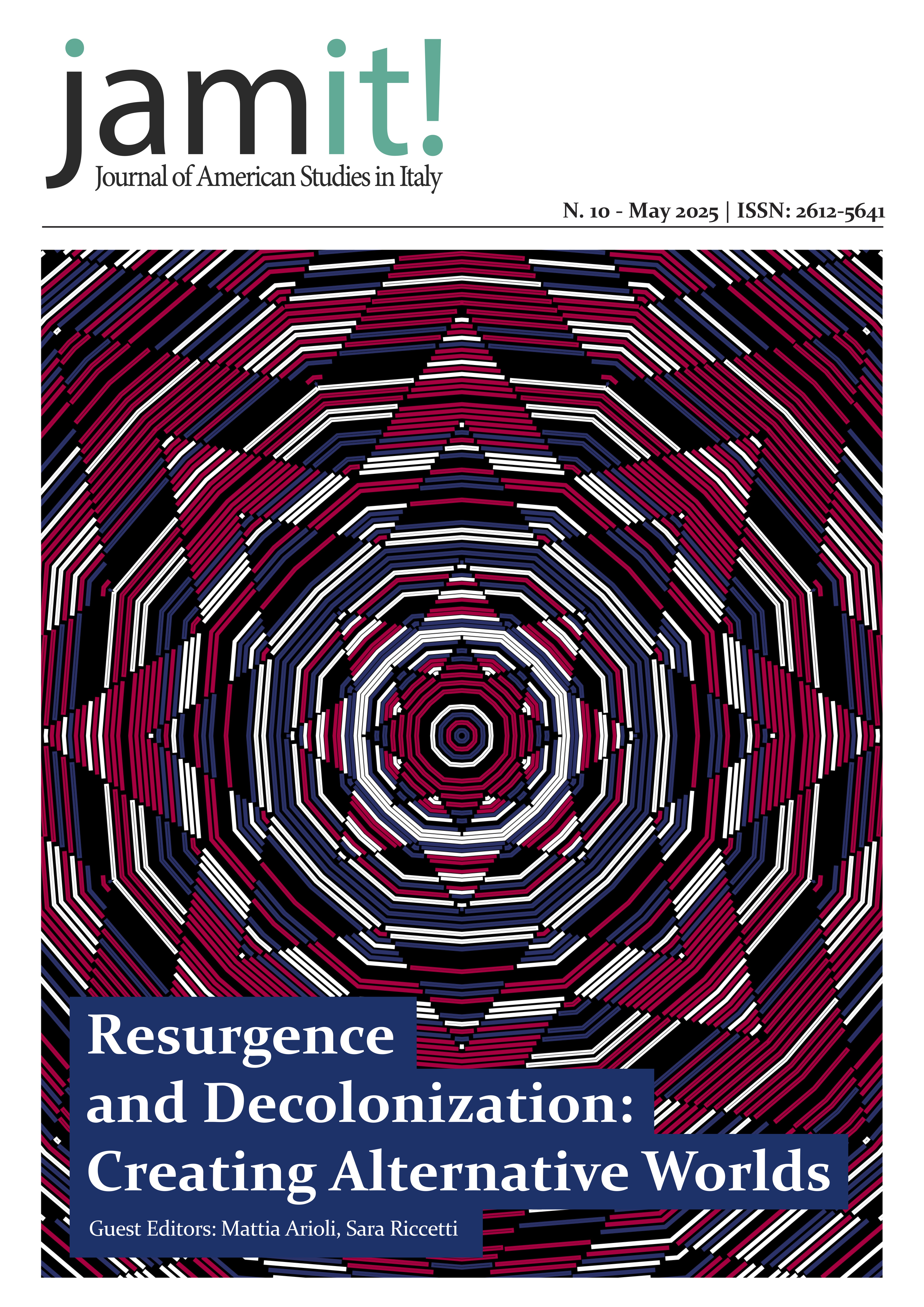Inherited Pragmatism
Race, Representation and Technology in Ralph Ellison’s Invisible Man
DOI:
https://doi.org/10.13135/2612-5641/10751Keywords:
Inequality, Kant, Racial Representation, Ralph Ellison, TechnologyAbstract
Scholars who turn to Ralph Ellison’s novel Invisible Man to address issues of race and black representation often employ the thinking of American pragmatists such as John Dewey. However, Dewey’s record on race and that of other classical pragmatists contribute little on the topic. As a result, some scholars have suggested that Ralph Ellison brings critical attention to the idea of race in pragmatism in ways thinkers before him do not. This study challenges this view, revealing how the philosopher Immanuel Kant fulfilled this role. It also explains why illuminating Kant’s troubling views on race and their continuity in the sociology of Robert Park warrant a reconceptualization of race as a technology of power, particularly as it is explored in the missing chapter from Ellison’s novel. Ultimately, a technological consideration of the novel helps to advance it as a refutation of the essentialization of black identity in Kantian philosophy and American history.
Downloads
Published
Issue
Section
License
Copyright (c) 2025 Jeremy Dennis

This work is licensed under a Creative Commons Attribution-NonCommercial-NoDerivatives 4.0 International License.
Authors who publish with this journal agree to the following terms:
- Authors retain the copyright and full publishing rights for their submissions to the journal.
- Authors grant the journal right of first publication with the work simultaneously licensed under a Creative Commons Attribution-NonCommercial-NoDerivatives 4.0 International License that allows others to share unedited work for non-commercial purposes with an acknowledgement of the work's authorship and initial publication in this journal.
- Authors are able to enter into separate, additional contractual arrangements for the non-exclusive distribution of the journal's published version of the work (e.g., post it to an institutional repository or publish it in a book), with an acknowledgement of its initial publication in this journal.
- Authors are permitted and encouraged to post their work online (e.g., in institutional repositories or on their website) prior to and during the submission process, as it can lead to productive exchanges, as well as earlier and greater citation of published work (See The Effect of Open Access).




